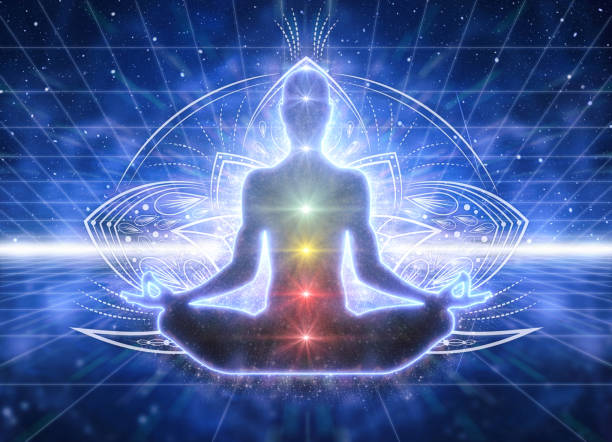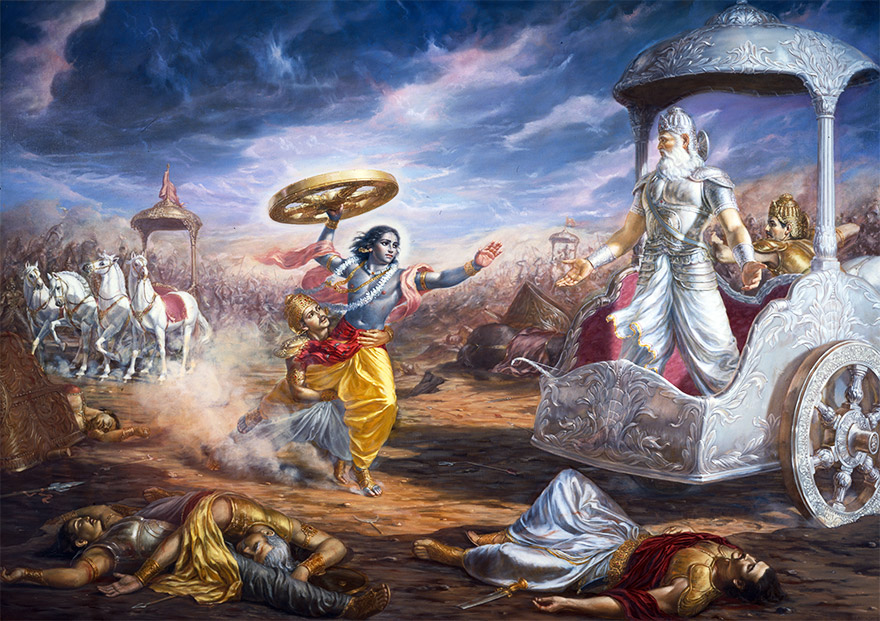The Concept of Karma in Hinduism.

Introduction to Hinduism
Hinduism, one of the world’s oldest religions, offers a rich tapestry of beliefs and practices that continue to resonate with millions today. At its core lies an intricate understanding of life, death, and the moral fabric that binds us all together. Among these foundational concepts is Karma—a term often thrown around in popular culture but deeply rooted in Hindu philosophy.
Karma isn’t just about good or bad deeds; it’s a profound principle guiding our actions and their repercussions across lifetimes. Whether you’re curious about the spiritual dimensions of this ancient belief or are seeking ways to incorporate it into your daily routine, understanding Karma can transform your perspective on existence itself. Join us as we delve deeper into this intriguing concept and explore how it shapes not only individual destinies but also the collective human experience in accordance with Hindu beliefs.
Understanding the Concept of Karma
Karma in Hinduism is a fundamental concept rooted in the idea of cause and effect. Each action, whether good or bad, creates an imprint on one’s soul. This principle underlines that nothing happens without reason.
Every choice we make contributes to our future experiences. Positive actions generate good karma, leading to favorable outcomes. Conversely, negative actions result in bad karma, which can bring suffering.
This intricate web of interactions emphasizes moral responsibility. It encourages individuals to act with intention and compassion toward others.
Understanding this dynamic fosters a deeper awareness of life’s interconnectedness. It invites us to reflect on how our deeds shape not just our own destiny but also the lives around us.
Exploring karma extends beyond mere philosophical musings; it becomes a vital part of spiritual growth within Hindu philosophy.
The Law of Cause and Effect
The Law of Cause and Effect is a fundamental principle in Hindu philosophy. It emphasizes that every action has consequences, shaping an individual’s present and future experiences.
Actions, whether positive or negative, ripple through time. Good deeds create good Karma, while harmful actions lead to bad Karma. This interplay determines one’s circumstances in this life and beyond.
In essence, the law serves as a moral compass. It encourages individuals to act thoughtfully and responsibly. Understanding this concept cultivates mindfulness about our choices.
This law also connects deeply with the cycle of reincarnation. The effects of actions are not confined to one lifetime; they extend into subsequent lives, influencing birth situations and opportunities for growth.
By recognizing the power behind each choice made today, individuals can navigate their spiritual journey more consciously within the vast tapestry of existence woven by cause and effect.
The Role of Dharma in Karma
Dharma plays a crucial role in understanding Karma within Hindu philosophy. It refers to one’s duty, righteousness, and ethical conduct. Each individual has unique responsibilities based on their age, caste, and life circumstances.
When people act according to their dharma, they generate positive karma. This aligns actions with moral principles and societal harmony. Deviating from one’s dharma can lead to negative consequences or bad karma.
Furthermore, fulfilling dharma doesn’t just benefit oneself; it contributes positively to the community. The interconnectedness of all beings is essential in Hindu beliefs on karma.
Understanding this relationship illuminates how our choices shape our spiritual journey. It emphasizes that living ethically isn’t merely about personal gain but also about collective well-being and harmony in the universe.
How Karma Affects Reincarnation
Karma plays a pivotal role in the cycle of reincarnation within Hindu beliefs. Each action, whether good or bad, generates karma that influences future lives. This is not just about punishment or reward; it’s a complex web of experiences shaping one’s soul.
When a person dies, their accumulated karma determines the circumstances of their next birth. Positive actions may lead to a favorable rebirth, possibly into a higher caste or even as an enlightened being. Conversely, negative deeds can result in challenging situations or lower forms of life.
This cause and effect relationship reinforces personal responsibility for one’s actions. The journey through various lifetimes offers opportunities for growth and learning. It emphasizes that this earthly existence isn’t merely transient but interconnected with eternal spiritual evolution.
Understanding how karma intersects with reincarnation deepens insight into life’s purpose according to Hindu philosophy—a continuous quest toward moksha, liberation from the cycle itself.
Misconceptions about Karma
Many people misunderstand the essence of karma. A common misconception is that it strictly means “what goes around, comes around.” While this idea holds some truth, it oversimplifies a much broader concept.
Karma in Hinduism encompasses intentions behind actions. It’s not just about outcomes but also motivations. Good deeds with selfish motives can yield negative karma.
Another prevalent myth is that karma operates on a strict timeline. Some believe you will receive immediate rewards or punishments for your actions, but this isn’t always the case. The effects of karma may unfold over multiple lifetimes.
Additionally, people often view karma as punitive rather than corrective. It serves as guidance towards personal growth and spiritual evolution rather than mere punishment for wrongdoing.
Understanding these misconceptions opens up deeper insights into Karma and its profound role within Hindu philosophy and spirituality in Hinduism.
Applying the Concept of Karma in Daily Life
Applying the concept of Karma in daily life begins with mindfulness. Every action we take is a seed planted, influencing our future experiences. By being aware of our choices, we can cultivate positive outcomes.
Practicing kindness and compassion leads to good karma. Simple acts—like helping a neighbor or offering a compliment—create ripples that return to us in unexpected ways.
On the flip side, negative actions can haunt us. Holding onto grudges or acting out of anger contributes to bad karma, weighing us down personally and spiritually.
Reflection plays an essential role as well. Taking time each day to consider our actions fosters personal growth and understanding within Hindu philosophy.
Integrating these principles into everyday interactions transforms mundane moments into opportunities for spiritual development, aligning with the larger law of cause and effect in Hinduism.
Conclusion
Karma in Hinduism is a profound concept that weaves through the fabric of Hindu philosophy. It encapsulates the intricate relationship between actions and their consequences, highlighting the Law of Cause and Effect as a fundamental principle governing life. This belief underscores how our choices today shape our tomorrow.
Understanding Karma also involves recognizing its connection with dharma, or duty. Upholding one’s dharma leads to positive Karma, which influences not only this life but also future reincarnations—an essential element in the cycle of karma and rebirth.
The misconceptions surrounding Karma often oversimplify this rich doctrine. Many view it merely as a system of reward and punishment, neglecting its deeper spiritual significance. The reality is much more nuanced; it encompasses good and bad Karma accrued through various types of actions over lifetimes.
Incorporating these principles into daily life fosters personal growth and accountability. As individuals engage with spirituality in Hinduism, they find themselves better equipped to navigate challenges while aligning with their higher purpose.
Exploring karma allows for introspection on one’s path to moksha—the ultimate liberation from this cyclical existence. By studying ancient texts like the Bhagavad Gita or Upanishads, practitioners can gain insights into how past actions influence present circumstances.
Embracing these teachings enriches not just individual lives but society at large by promoting kindness and understanding among all beings. Thus, delving into the essence of Karma opens doors to deeper spiritual awakening within each practitioner while contributing positively to collective consciousness.










